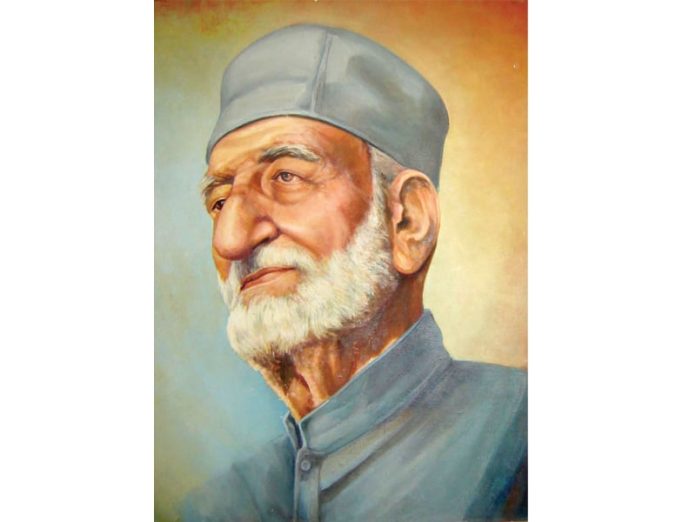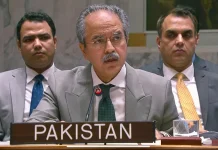By Fazal Amin Shinwari
LANDIKOTAL: In the annals of Pashtun history, few names evoke as much reverence and inspiration as Khan Abdul Ghaffar Khan Bacha. Known affectionately as Bacha Khan, his life was a testament to unwavering courage, selfless dedication, and an indomitable spirit in pursuing justice and peace for his people.
Early Life and Education: Born on February 6, 1890, in Utmanzai, a small village in the Peshawar Valley (now part of Pakistan), Bacha Khan’s early years were marked by the influence of his father, Bahram Khan, a respected tribal leader. Raised with a deep sense of social responsibility and a commitment to education, Bacha Khan was educated in Islamic studies and Western philosophy, laying the foundation for his future leadership.
Advocate for Nonviolence: Bacha Khan’s advocacy for nonviolence and peaceful resistance was deeply influenced by his encounters with Mahatma Gandhi and their shared belief in the power of nonviolent protest. This philosophy, rooted in Islamic teachings of justice and compassion, became central to his approach to challenging colonial rule and advocating for Pashtun rights.
Founding the Khudai Khidmatgar: In 1929, Bacha Khan founded the Khudai Khidmatgar (Servants of God) movement, a nonviolent army of dedicated volunteers who pledged to serve their communities and resist oppression through peaceful means. This movement played a pivotal role in empowering the Pashtun people against British rule and later became a symbol of grassroots activism and social reform.
Challenges and Imprisonment: Bacha Khan’s commitment to nonviolence often brought him into direct conflict with the authorities. He endured multiple imprisonments and hardships throughout his life, including periods of detention under both British and Pakistani governments, yet he remained steadfast in his principles and unwavering in his dedication to his people’s cause.
Legacy and Impact: Beyond his role as a political leader, Bacha Khan’s legacy endures through his contributions to education, social reform, and the empowerment of women in Pashtun society. His emphasis on nonviolence continues to inspire movements for justice and peace worldwide, leaving an indelible mark on the fabric of South Asian history and beyond.
Khan Abdul Ghaffar Khan Bacha’s life journey was a testament to the power of conviction, resilience, and unwavering dedication to the service of others. His legacy continues to resonate with all who strive for equality, justice, and dignity, making him not just a historical figure but a beacon of hope and inspiration for generations to come.
Khan Abdul Ghaffar Khan, “Bacha Khan,” passed away on January 20, 1988, at the age of 97 in Peshawar. He was laid to rest in Jalalabad, Afghanistan, a testament to the cross-border reverence he commanded. In commemorating his life, Pashtun and Afghans honour his remarkable achievements and the enduring values he stood for—nonviolence, justice, and compassion.












